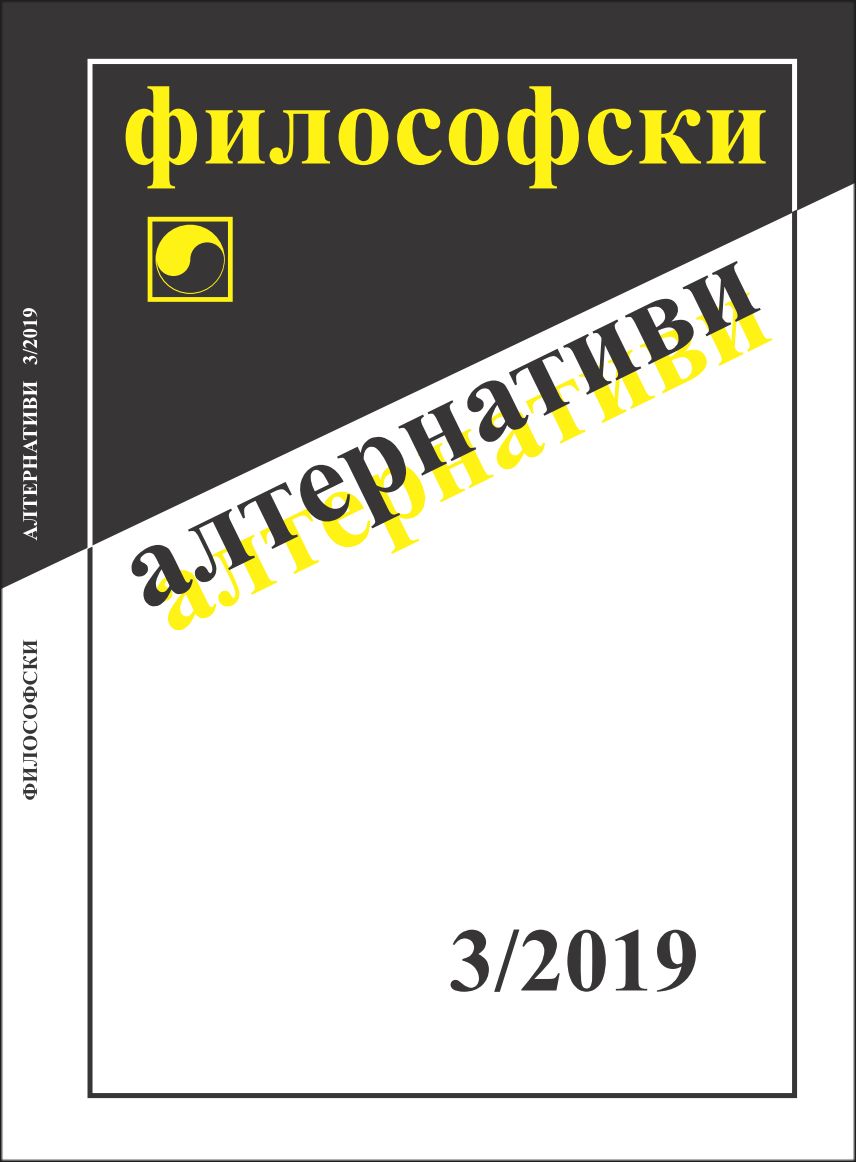Митът за Одисей като форма на мита за вечното завръщане
The Myth of Odysseus as a Form of the Myth of Eternal Return
Author(s): Vyara PopovaSubject(s): Philosophy, Social Sciences, Psychology, Aesthetics, Philosophy of Mind, Psychoanalysis
Published by: Институт по философия и социология при БАН
Keywords: the myth of Odysseus; the myth of eternal return; linear time; third time; identity and difference
Summary/Abstract: The article reviews the myth of Odysseus in literature: Homer’s Odyssey, Joyce’s Ulysses, and Eric-Emmanuel Schmitt’s Ulysses from Baghdad. From Mircea Eliade’s cultural interpretation of the myth of Odysseus, the article goes on to K. Jung’s interpretation of Odysseus as a trickster. From the general cultural and psychoanalytic profile of Odysseus as man returning “home”, to “his roots”, to the authentic self, complemented by the option of travel as a transformation, in which one becomes oneself as other, the article goes on to considering the “return to oneself” as an augmented and expanded other, although still oneself, and to the metaphorical perspective on the myth. And hence, “return to oneself” is viewed as repetition enhanced by the inclusion of difference: in this way, the idea is unconsciously advanced that the myth of Odysseus, as a metaphor of “the return to oneself as other” is analogous, on a highly theoretical level, with “the myth of eternal return”. The myth of eternal return is presented through the optics of: Nietzsche; Heidegger’s interpretation of Nietzsche’ “eternal return”; Deleuze’s interpretation of the latter, which demonstrates as justified the hypothesis that the myth of Odysseus is a form of the myth of eternal return, whereby the hypothesis becomes a thesis.
Journal: Философски алтернативи
- Issue Year: XXVIII/2019
- Issue No: 3
- Page Range: 169-187
- Page Count: 19
- Language: English, Bulgarian
- Content File-PDF

